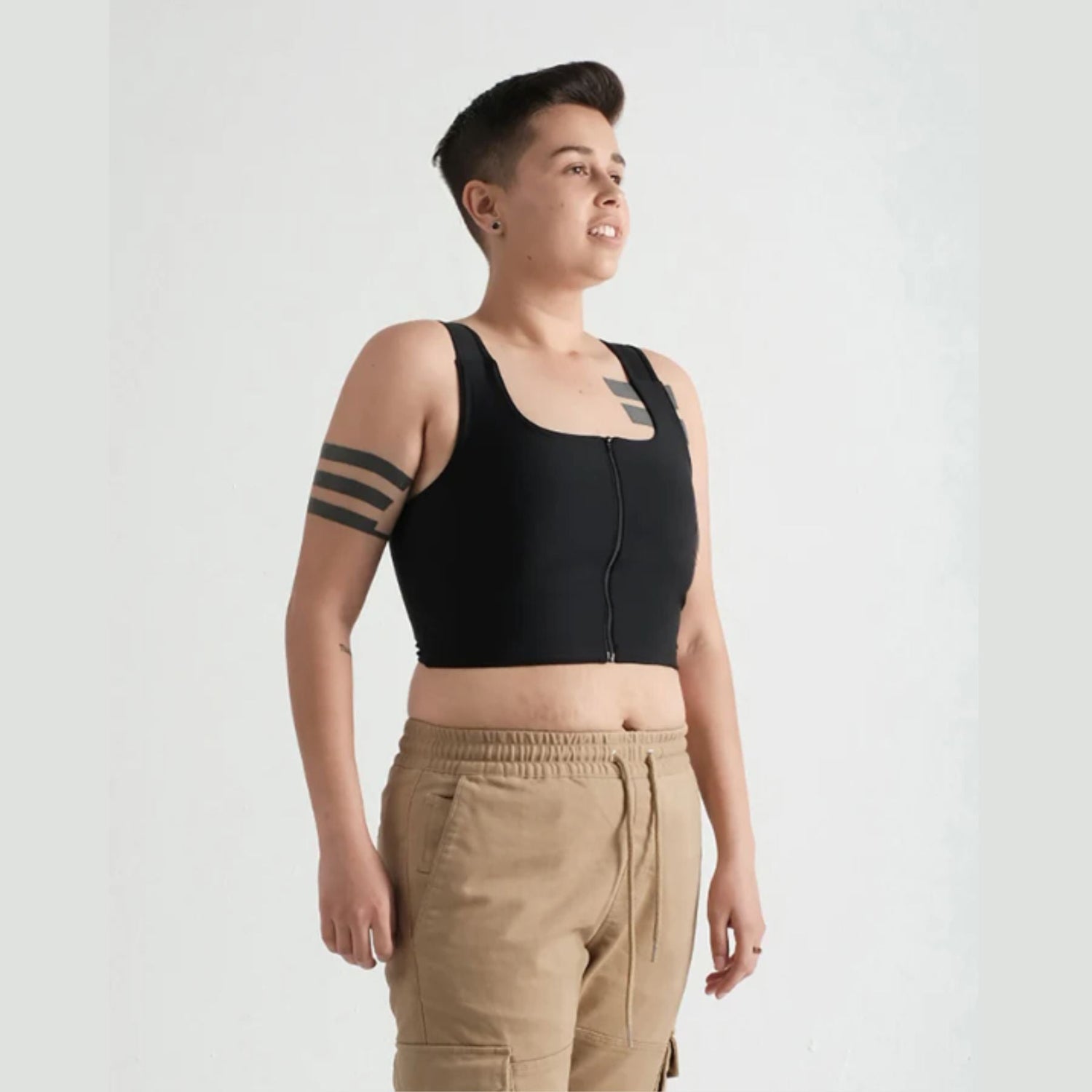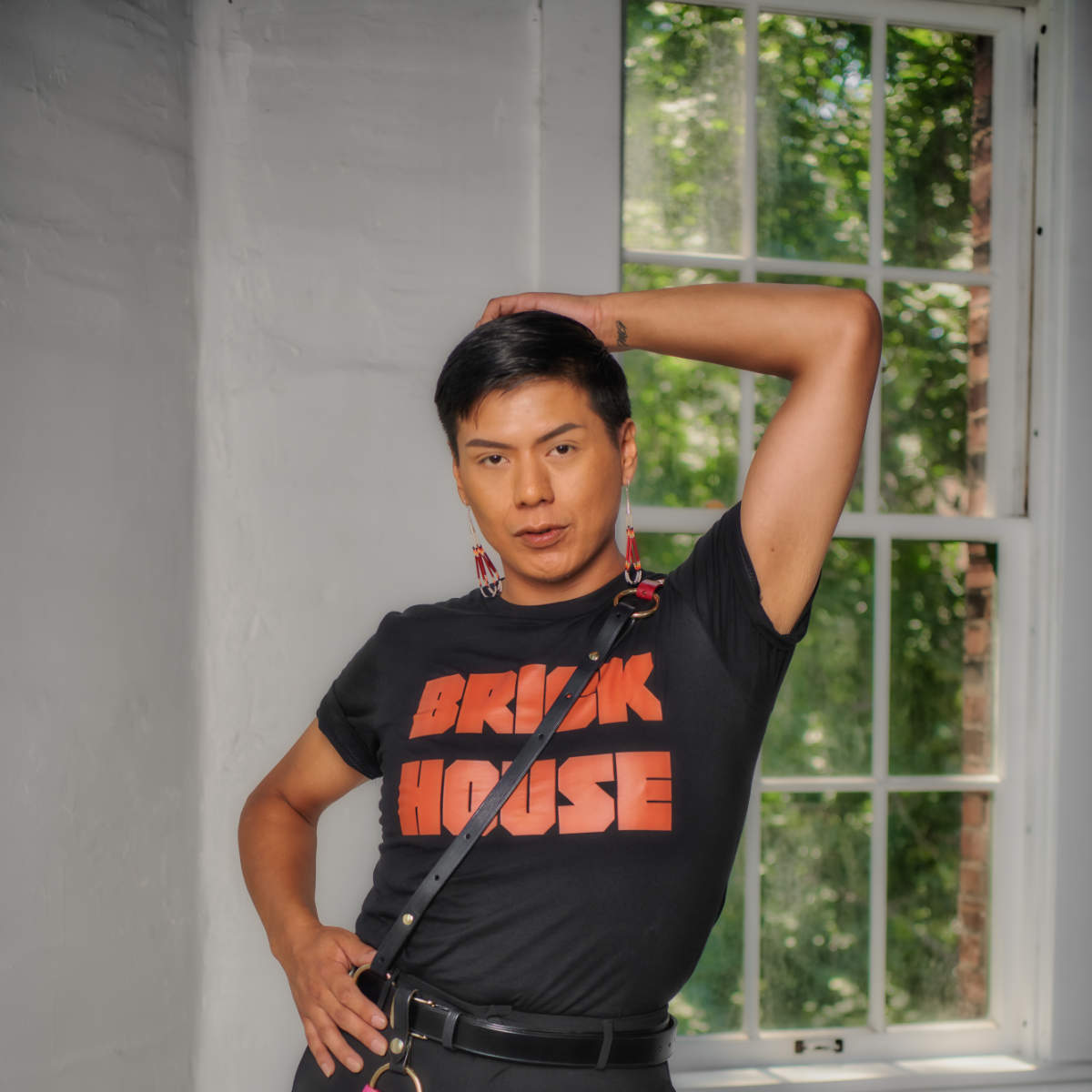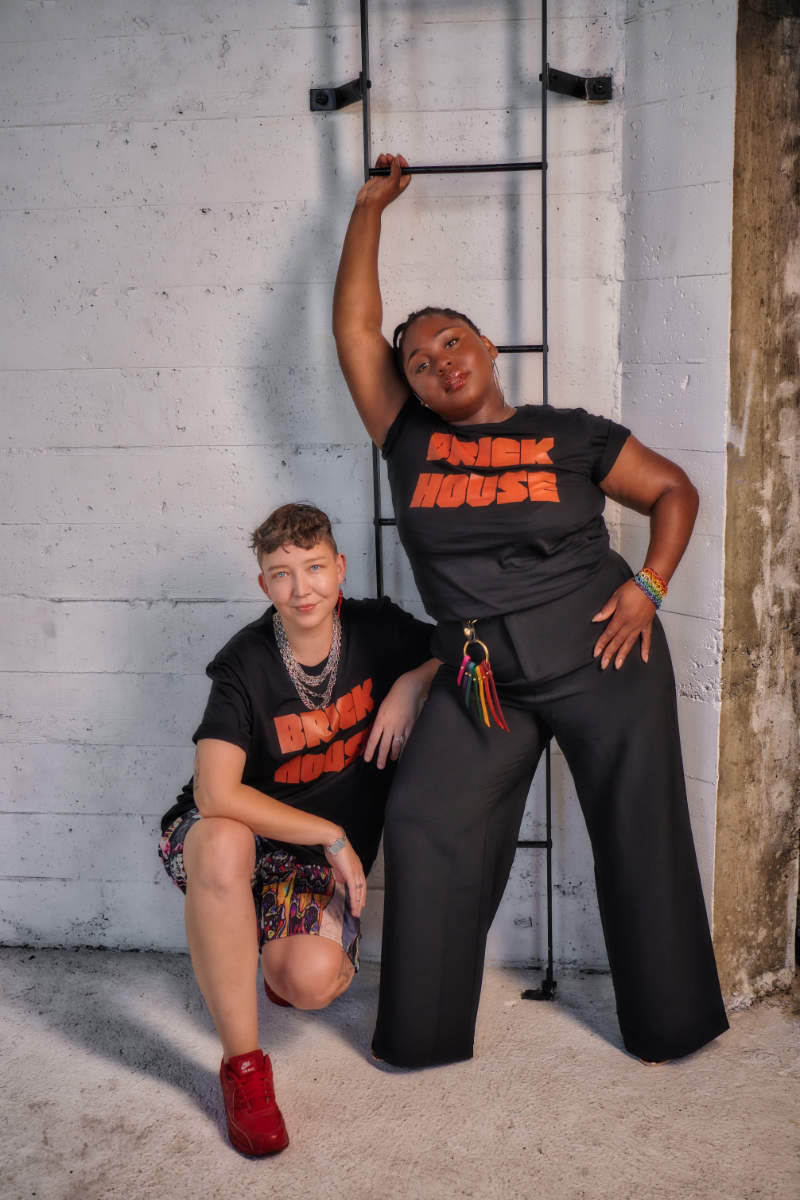Everything we review on the blog will either receive a "Fuck This" or "Gimme More." We'll take a look at pop culture or industry happenings with an intersectional feminist eye to settle on a rating.
Let's get started!
dom+bomb attended the Business of Fashion (BoF) virtual Professional Summit on building a responsible fashion business, and as you would expect from a multi-session event, some things rated a Fuck This, and some rated Gimme More.
The summit focused on racial equity and sustainability. It opened with a summary of the big challenges facing the fashion industry - the climate emergency, the pandemic and the resulting global financial crisis, and the international movement to end systemic racism. Then they introduced the first speaker who was ... Chip Bergh, the white dude in charge of Levi Strauss. Yep, that's who they picked to open a summit on racial equity and sustainability. Reminder that Levi Strauss was started during the gold rush - think slave labor to build the railroad, settler colonialism, manifest destiny, labor abuses in mining, the list goes on and on. He wrapped up his talk with how companies last because of their values.
Any company that has a history that goes back that far has a very particular set of "values", and believe us, it is not racial equity and protecting the earth.
Moving on to another session on sustainability - it featured, again, an all-white panel. We joked that the backgrounds of each speaker were so similar, the organizers could have switched them around and no one would have noticed. (Seriously though, the pandemic is showing that most people who are chosen to be on camera live in beige houses.)
We learned almost as much from the questions and comments from participants as the speakers. One participant asked why Afrikan designers, who are doing the hard work of sustainable practices weren't invited to be on the panel. We wondered why indigenous people from different regions weren't included either. True and effective protection of the planet can happen without indigenous practices.
Fuck This.
Thankfully, there were some bright, shining lights. The second session, "Reimagining Racial Equity From the Ground Up" was led by Aniyia Williams, creator and entrepreneur. We became fast fans of hers. Her first slide had "Fuck the status quo" in big letters - a d+b kindred spirit if we ever met one. She had practical, concrete suggestions for achieving racial equity. One was that you can't just throw money at the problem - a little side eye to Levi Strauss who boasted about how much money they had spent on it during the keynote. She also said the learning is uncomfortable, so white people need to deal with that feeling. We especially appreciated her leadership guidance that included how autonomy should be defined and communicated, and staff need to be empowered to act in that space. A point that really stuck with us is that the practice of documentation, as in if it wasn't written down, it didn't happen, is a tool of white supremacy.
Gimme more! Seriously, follow Aniyia on ALL the channels.
The next session included Kalpona Akter, Founder & Executive Director, Bangladesh Centre for Worker Solidarity and was titled "From Crisis to Progress: The Future of Labour Rights in Fashion's Supply Chain." Kalpona started with her personal journey from starting to work in a factory at age 12 to her time now as a workers' rights advocate. She shared harrowing stories of physical, mental, and sexual abuse. She gave no easy answers to a supply chain that is designed to abuse workers and maximize profits, but those of us in the fashion industry need to make change at all levels to fix the problem. Many of the participants blamed consumers for wanting (i.e., needing) fast, cheap fashion. For those of us who remember buying shoes at Payless because that's all we could afford, blaming customers isn't the solution. Kalpona's talk lasered in on the real issues affecting workers and the problems at multiple levels that contribute to them.
Gimme more (awareness and solutions, that is).
To start, here are two organizations to support:
Here at d+b, we're just starting out, and we're still learning and developing how to create products that are reasonably priced, don't hurt the environment, and pay a living wage - all with respectful working conditions. No easy task, but we're committed to constantly working to get it right.




